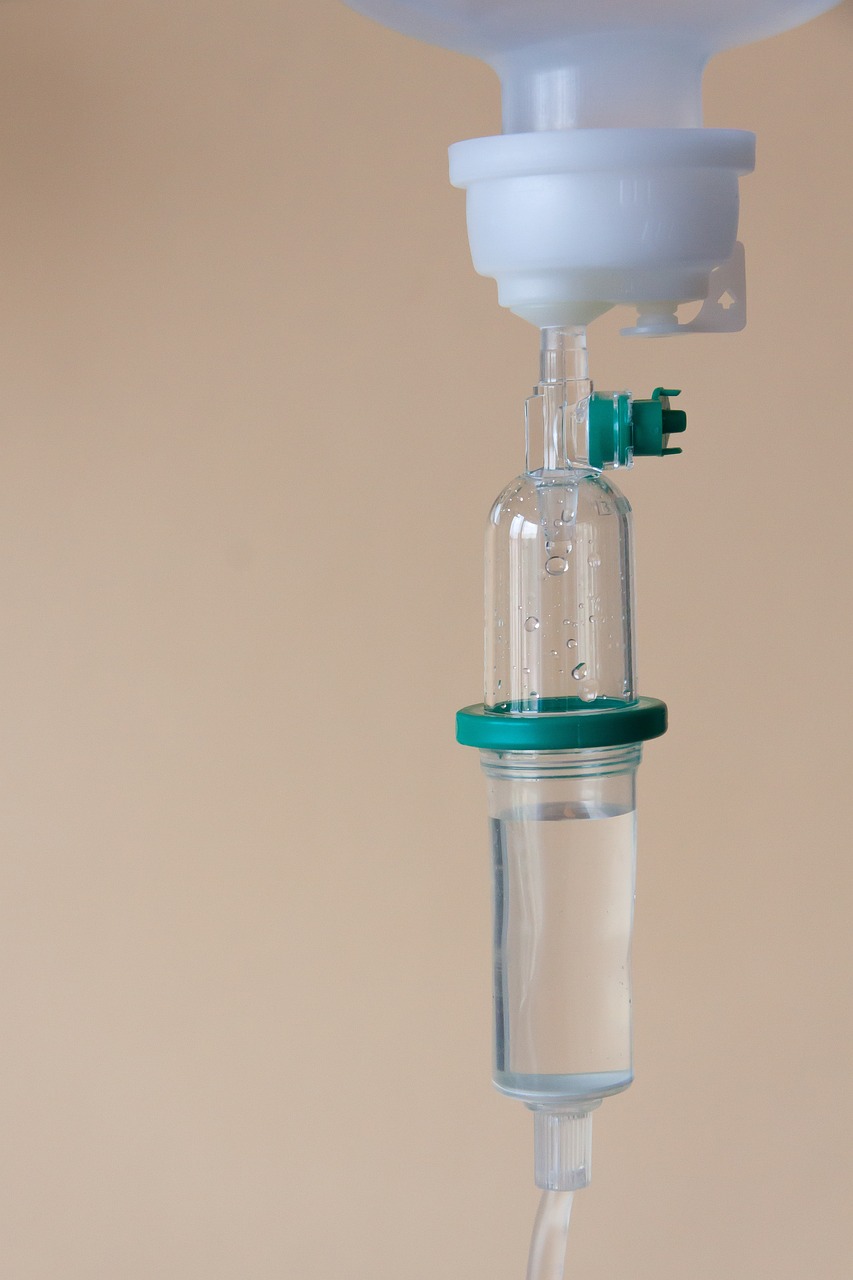Nutrition

Hidden Pressure: How Formula Marketing Influences Our Breastfeeding Practices
Often invisible, formula marketing heavily influences breastfeeding rates in Bosnia, where only 15% of infants are exclusively breastfed by WHO

Clinical Use of Biologic Drugs: Pharmacokinetics, Side Effects, and Immune Challenges
Biologic drugs have revolutionized autoimmune disease treatment, but their use demands deep clinical insight into immunology, pharmacokinetics, and safety. This

Biologic Therapy in Autoimmune Diseases: A Guide to Mechanisms, Benefits and Risks
Biologic therapy marks a turning point in the treatment of autoimmune diseases by targeting key immune pathways with precision. Here

Phytotherapy vs. Homeopathy – What’s the Difference and Why Does It Matter?
Phytotherapy and homeopathy are often confused, but the difference is huge. Learn how to choose natural remedies that work and

Gender Bias in Medicine: Why It Matters and How It Affects Patients
Gender bias in medicine influences how diseases are diagnosed and treated, often leading to delayed diagnoses and inadequate care, especially

The Link Between Autism and the Immune System: What Science Says
Autism is more than just a neurological condition—it may also involve immune system dysfunction. Discover how neuroinflammation, autoantibodies, and maternal

The Safety of Herbal Medicines: Interactions and Risks
Herbal medicines offer benefits but also carry risks. Understanding their interactions with conventional drugs is key to safe usage.

Methods of fetal monitoring during labor
Fetal monitoring during labor includes CTG and intermittent auscultation. Discover the pros and cons of both methods.

What is failure to progress?
Failure to progress is no longer a valid medical standard. Discover modern approaches to labor duration.

What is a birth doula?
Birth doulas provide emotional, physical, and informational support during childbirth, helping mothers feel empowered while improving birthing outcomes

Antimicrobial Resistance: A Global Threat Requiring a Joint Response
Antimicrobial resistance (AMR), commonly known as antibiotic resistance, is one of the most significant public health threats in today’s world.

Metformin Intolerance: Challenges and Opportunities
Intolerance to metformin is a common and complex challenge in the treatment of type 2 diabetes, affecting up to 20%

Everything you need to know about personalized pharmacotherapy
A new sector for personalized pharmacotherapy and toxicology analysis – What does it mean for you? When drugs, side effects,

Why is birth support important for a healthy newborn microbiome?
At the Immuno Center, we have launched a new sector dedicated to supporting pregnant women, mothers and their partners, with

Hydration during heat waves
During hot summer days there is a risk of dehydration. This danger especially threatens people who perform heavy physical work,

What is phytotherapy?
Phytotherapy or treatment with plants is one of the oldest ways of treating diseases and alleviating ailments. In addition, the

Nutritional therapy of gestational diabetes
Control of gestational diabetes (GD) through diet, in addition to drug therapy when necessary, is of key importance for blood

Gestational Diabetes: Symptoms and Risk Factors
Gestational diabetes occurs when the body cannot produce the insulin it needs during pregnancy. People with this condition develop high

Remission of Diabetes Type 2: Which medications are used today
Misconception: Insulin worsens the complications of diabetes. A lot of people think insulin worsens the complications of diabetes, when in

Dietary Changes and 6 Types of Diet for Diabetes Type 2 Remission
Diabetes has become more prevalent because people, in general, don’t eat as well as they did a few decades ago.

Can You Get Rid of Diabetes? – Remission of Type 2 Diabetes
From Prediabetes to Diabetes and vice versa, we give answers to these
questions:
– Can Diabetes Be Cured?<br

Insulin resistance, Prediabetes, Diabetes
Answers to questions:
What is the difference between insulin resistance, prediabetes and diabetes?
How will I know if

Is an MS Flare-Up the Same as a Relapse?
An MS relapse, also called a flare-up, lasts at least 24 hours and occurs 30 days after a previous one.

Multiple Sclerosis: Facts, Statistics, and You
Multiple sclerosis (MS) is one of the most widespread disabling neurological conditions of young adults around the world.
You
You choose





